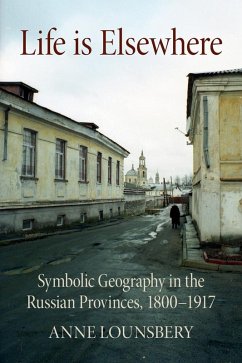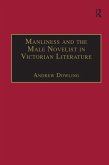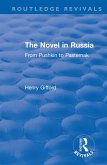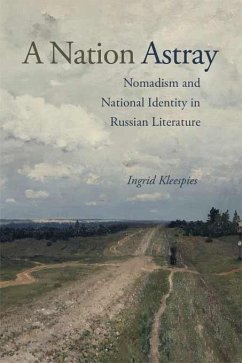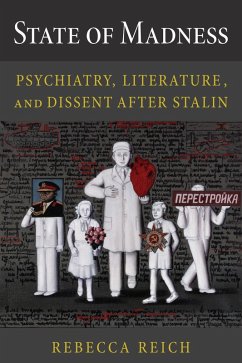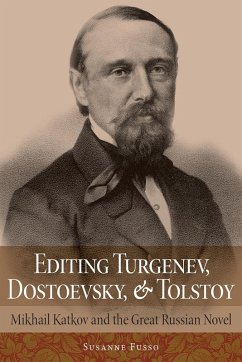In Life Is Elsewhere, Anne Lounsbery shows how nineteenth-century Russian literature created an imaginary place called "the provinces"-a place at once homogeneous, static, anonymous, and symbolically opposed to Petersburg and Moscow. Lounsbery looks at a wide range of texts, both canonical and lesser-known, in order to explain why the trope has exercised such enduring power, and what role it plays in the larger symbolic geography that structures Russian literature's representation of the nation's space. Using a comparative approach, she brings to light fundamental questions that have long gone unasked: how to understand, for instance, the weakness of literary regionalism in a country as large as Russia? Why the insistence, from Herzen through Chekhov and beyond, that all Russian towns look the same? In a literary tradition that constantly compared itself to a western European standard, Lounsbery argues, the problem of provinciality always implied difficult questions about the symbolic geography of the nation as a whole. This constant awareness of a far-off European model helps explain why the provinces, in all their supposed drabness and predictability, are a topic of such fascination for Russian writers-why these anonymous places are in effect so important and meaningful, notwithstanding the culture's nearly unremitting emphasis on their nullity and meaninglessness.
Open Access edition funded by the National Endowment for the Humanities
Open Access edition funded by the National Endowment for the Humanities
Dieser Download kann aus rechtlichen Gründen nur mit Rechnungsadresse in A, D ausgeliefert werden.

